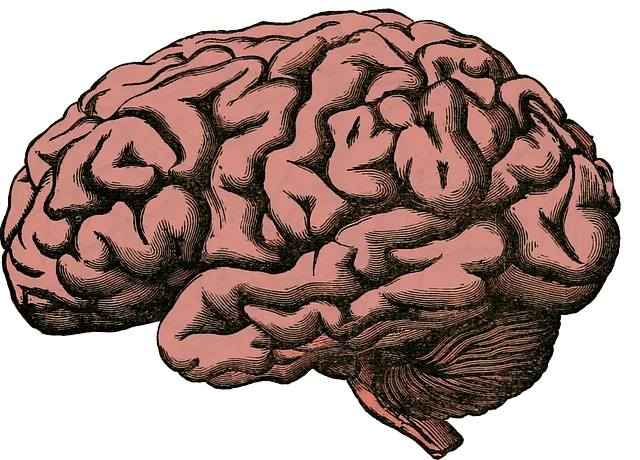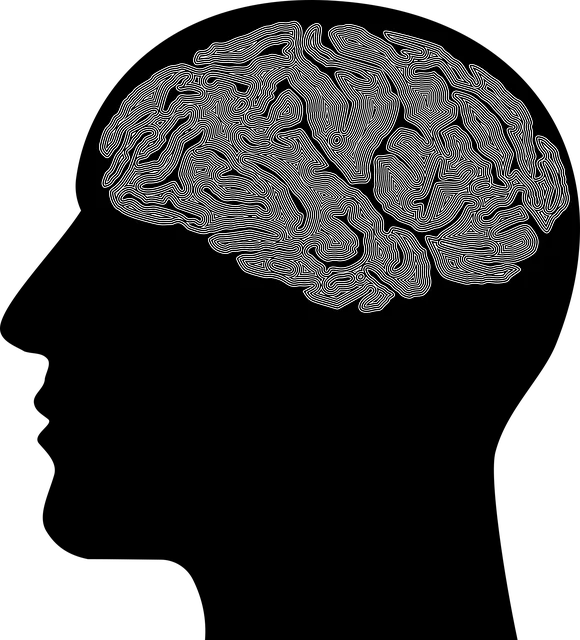Mental wellness self-assessment tools, championed by Kaiser Permanente training programs, are powerful resources for proactive mental health management. These assessments offer personalized insights through practices like Mindfulness Meditation and Resilience Building, empowering individuals to understand and improve their well-being in a stressful world. By fostering self-reflection and tailored interventions, these tools enable early detection and effective coping strategies for conditions like anxiety, ultimately enhancing mental wellness.
Mental wellness self-assessment tools play a pivotal role in empowering individuals to take charge of their mental health. This article delves into the development, implementation, and evaluation of such tools, emphasizing the importance of accuracy and reliability. We explore key components, drawing from evidence-based practices and benchmarked against Kaiser Permanente training programs, while leveraging technology for enhanced accessibility. By integrating these assessments into healthcare systems, we can measure impact, ensure continuous improvement, and ultimately foster superior mental wellness outcomes.
- Understanding Mental Wellness Self-Assessment
- – Define self-assessment and its role in mental wellness
- – Importance of accurate and reliable tools
Understanding Mental Wellness Self-Assessment

Mental wellness self-assessment tools play a pivotal role in fostering individual awareness and promoting proactive mental health management. These tools, designed to offer a comprehensive evaluation of one’s psychological well-being, are invaluable resources for individuals seeking to understand their mental state and identify areas for improvement. In today’s fast-paced world, where stress and anxiety are prevalent, these self-assessments provide a practical approach to self-care, enabling people to take charge of their mental wellness.
Kaiser Permanente training programs emphasize the importance of such tools in enhancing overall well-being. By incorporating elements like Social Skills Training, Mindfulness Meditation, and Resilience Building into their curricula, these programs empower individuals to navigate life’s challenges with greater equanimity. The superior effectiveness of these self-assessment techniques lies in their ability to provide personalized insights, enabling tailored interventions for optimal mental health support.
– Define self-assessment and its role in mental wellness

Self-assessment is a powerful tool for individuals to gain insights into their mental wellness and overall well-being. It involves evaluating one’s thoughts, emotions, behaviors, and overall emotional state without external judgment. This process encourages self-reflection and promotes awareness of personal strengths and areas that may require support or improvement. By taking an active role in assessing their mental health, individuals can develop a deeper understanding of themselves, leading to more effective coping strategies and improved resilience.
The role of self-assessment in mental wellness is significant, especially in initiatives like those offered by Kaiser Permanente training programs. These programs often emphasize the importance of Inner Strength Development, encouraging participants to explore and harness their inner resources. Mindfulness Meditation and Positive Thinking are other valuable practices that can be incorporated into self-assessment routines, helping individuals cultivate a sense of calm, focus on the present moment, and foster a more positive outlook on life.
– Importance of accurate and reliable tools

Accurate and reliable mental wellness self-assessment tools are paramount in empowering individuals to take charge of their psychological well-being. These instruments play a pivotal role in early detection, facilitating timely interventions, and guiding personalized care strategies. In the context of comprehensive mental health management, as offered by Kaiser Permanente training programs, such tools serve as robust resources for both professionals and individuals seeking to enhance their mental wellness.
By integrating evidence-based practices like Mindfulness Meditation and Resilience Building, these assessments contribute to effective coping mechanisms, ultimately aiming to reduce symptoms associated with conditions such as Anxiety Relief. The reliability of the tools ensures that individuals receive tailored recommendations, fostering continuous improvement and a deeper understanding of their psychological landscape.
Mental wellness self-assessment tools play a pivotal role in individual awareness and early intervention, as evidenced by successful initiatives like those offered by Kaiser Permanente through its training programs. The development of accurate and reliable tools is essential to empower individuals to take charge of their mental health and foster a culture of open discussion. By investing in such resources, we can significantly improve access to care and overall well-being, ultimately enhancing the quality of life for many.






